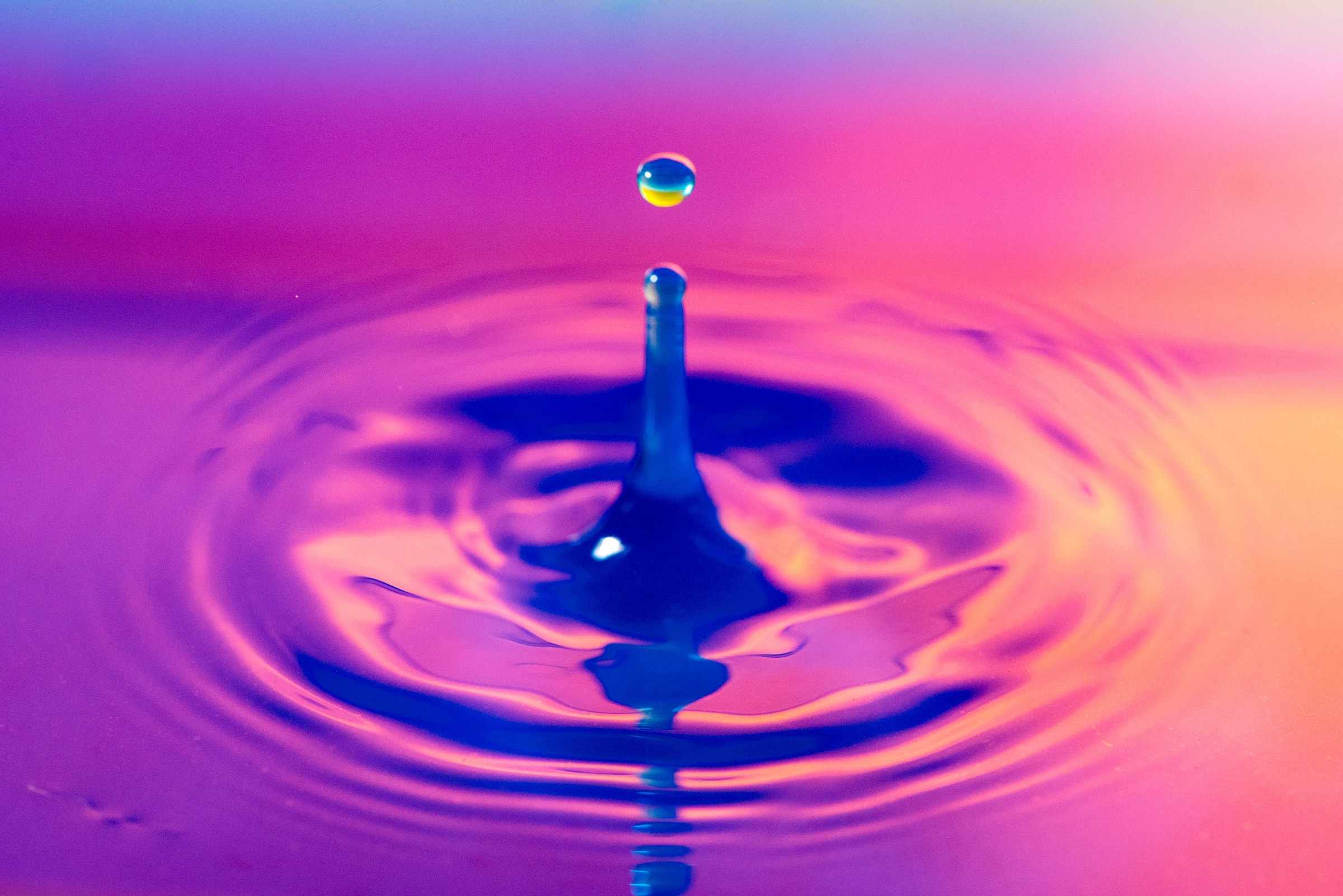Nestlé Australia bolsters sustainability efforts at its Gympie factory with a new $2 million water recycling system, emphasizing environmental efficiency and supporting the local community by easing demand on town water supplies.
This state-of-the-art technology will enable on-site water recycling, eliminating the need for fresh water from the town supply. As a result, the factory's water usage is expected to decrease by approximately 20 percent, saving an impressive 45 million liters annually.
The move comes as Nestle recognizes the importance of sustainability and environmental efficiency. Steve Taljaard, the factory manager, emphasized that water consumption reduction is a top priority, particularly since the coffee-making process requires a significant amount of water.
In line with their commitment to continuous improvement, Taljaard stated that they are dedicated to investing in enhancing the Gympie site, focusing on improving its environmental efficiency.
With the new treatment system, water used in the coffee-making process will be captured, recycled, and utilized in the cooling towers on-site. Previously, the factory relied solely on town supply water sent to the local water treatment plant. Taljaard highlighted the additional benefits of the filtration system, stating, "Our new system not only aids water conservation efforts but also contributes positively to the local community."
By reducing the factory's reliance on local water supplies and lessening the amount of used water requiring treatment by the council, the system helps alleviate pressure on water resources, particularly during drier seasons. This recent water-saving endeavor forms part of the factory's ongoing commitment to environmental performance improvement.
Nestle Gympie has implemented various initiatives to enhance sustainability, such as sourcing 100 percent responsibly sourced coffee beans, utilizing renewable resources to meet over 80 percent of its energy needs, and achieving zero-waste to landfills in the past three years.
Implementing the state-of-the-art treatment and filtration system marks a milestone for Nestle Australia.
Photo: Johnny Brown/Unsplash



 The UK is surprisingly short of water – but more reservoirs aren’t the answer
The UK is surprisingly short of water – but more reservoirs aren’t the answer  Missouri Judge Dismisses Lawsuit Challenging Starbucks’ Diversity and Inclusion Policies
Missouri Judge Dismisses Lawsuit Challenging Starbucks’ Diversity and Inclusion Policies  China Extends Gold Buying Streak as Reserves Surge Despite Volatile Prices
China Extends Gold Buying Streak as Reserves Surge Despite Volatile Prices  Singapore Budget 2026 Set for Fiscal Prudence as Growth Remains Resilient
Singapore Budget 2026 Set for Fiscal Prudence as Growth Remains Resilient  Instagram Outage Disrupts Thousands of U.S. Users
Instagram Outage Disrupts Thousands of U.S. Users  Ford and Geely Explore Strategic Manufacturing Partnership in Europe
Ford and Geely Explore Strategic Manufacturing Partnership in Europe  Silver Prices Plunge in Asian Trade as Dollar Strength Triggers Fresh Precious Metals Sell-Off
Silver Prices Plunge in Asian Trade as Dollar Strength Triggers Fresh Precious Metals Sell-Off  GesiaPlatform Launches Carbon-Neutral Lifestyle App ‘Net Zero Heroes’
GesiaPlatform Launches Carbon-Neutral Lifestyle App ‘Net Zero Heroes’  Dow Hits 50,000 as U.S. Stocks Stage Strong Rebound Amid AI Volatility
Dow Hits 50,000 as U.S. Stocks Stage Strong Rebound Amid AI Volatility  Oil Prices Slide on US-Iran Talks, Dollar Strength and Profit-Taking Pressure
Oil Prices Slide on US-Iran Talks, Dollar Strength and Profit-Taking Pressure  Fertile land for growing vegetables is at risk — but a scientific discovery could turn the tide
Fertile land for growing vegetables is at risk — but a scientific discovery could turn the tide  How America courted increasingly destructive wildfires − and what that means for protecting homes today
How America courted increasingly destructive wildfires − and what that means for protecting homes today  Hims & Hers Halts Compounded Semaglutide Pill After FDA Warning
Hims & Hers Halts Compounded Semaglutide Pill After FDA Warning  Gold Prices Slide Below $5,000 as Strong Dollar and Central Bank Outlook Weigh on Metals
Gold Prices Slide Below $5,000 as Strong Dollar and Central Bank Outlook Weigh on Metals  SpaceX Pushes for Early Stock Index Inclusion Ahead of Potential Record-Breaking IPO
SpaceX Pushes for Early Stock Index Inclusion Ahead of Potential Record-Breaking IPO 































